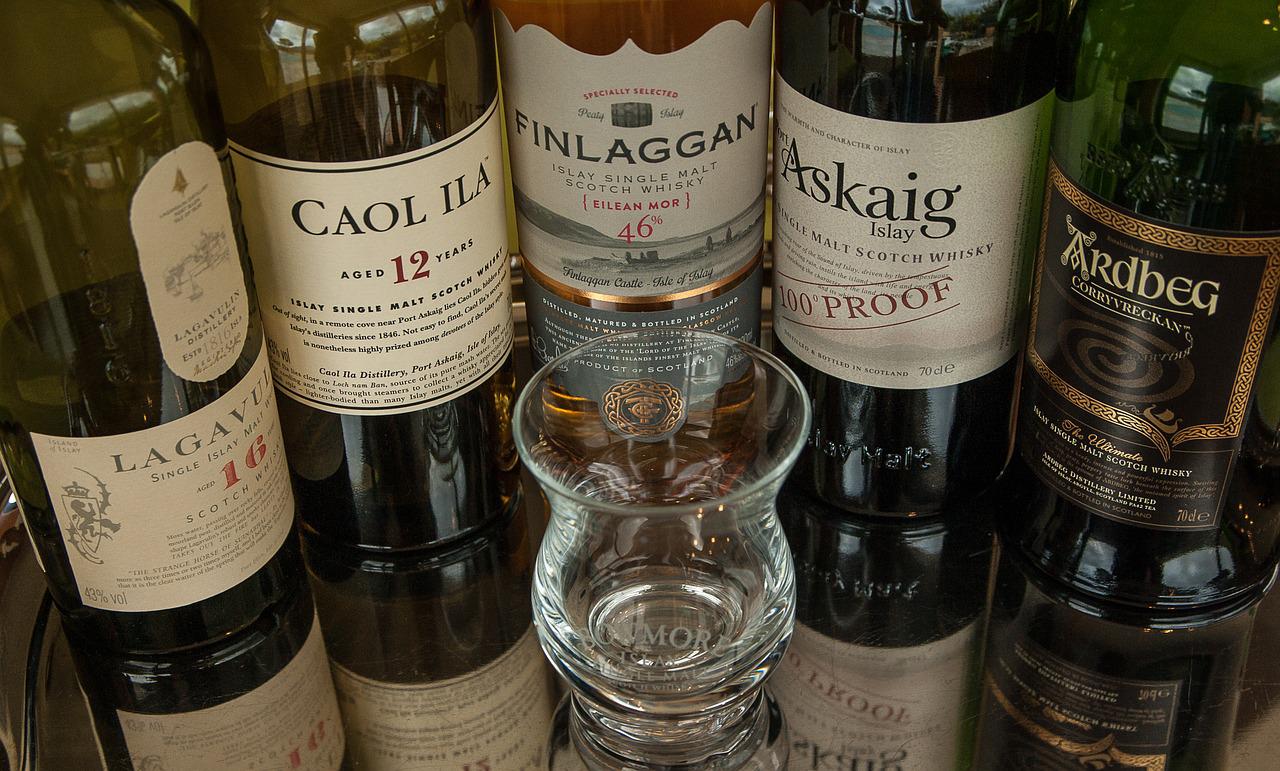In this article, we’ll take a look at distillation, fermentation, infusing, and cask aging. After reading this, you’ll be well on your way to a better tasting alcoholic beverage! After you’ve completed the steps outlined in this article, you’re ready to make your own whiskey! Let’s get started! Read on to find out how to make whisky! After all, there’s no better way to impress your guests than with the finest whisky available!
Fermentation
There are two main stages in the process of making whisky: distillation and fermentation. While distillation takes place in a still, fermentation takes place in a washback. This wash is heated by fire or steam-heated coils. It contains the by-products of fermentation, yeast, and crude alcohol. The vapours pass through a condenser to form a spirit. The process is also called mashback. The washback is usually topped up with the fermented liquid by using a worm, which is a copper pipe enclosed in a water jacket.
Distillation
The distillation process involves a series of steps. The shape of the still has a significant effect on the flavour of the finished spirit. Short and squat stills produce big, oily whiskies. Tall stills are more refined, with a tapered waist and a higher rate of reflux. The resulting spirit is smoother and lighter than whisky produced by traditional methods. The size of the still is also important, as larger volumes require more space than small ones.
Infusing
Infusing whisky requires a few tools. A glass infusing vessel, such as a cheesecloth or chinois, can cost more than $100, but you can use a mason jar. Whisky naturally contains fatty acids and it’s important to keep the ingredients fresh. If the fruit or vegetable is too delicate, you can freeze it with liquid nitrogen. Otherwise, you’ll end up with cloudy, bitter liquor. To avoid this, infuse the whisky in a cool place out of the sunlight.
Cask aging
Many types of whisky have undergone several processes to develop their unique flavor and character. Temperature, humidity, and climate all play a role in the development of whisky. As a result, the climate of the warehouse in which the whisky is aged can affect the final product. In warmer climates, the alcohol content of the whisky will be higher than it would be in cooler climates. In addition, a warmer climate will encourage more evaporation.
Ingredients
Whiskey is an alcoholic beverage that is distilled from fermented grain mash. Different types of whiskey are produced from different grains. These beverages are aged in casks made of wood, often old sherry barrels but also charred white oak. The first step in the production of whisky is to distill the mixture into an alcohol. After distillation, the whiskey is then filtered and stored for at least four years.

